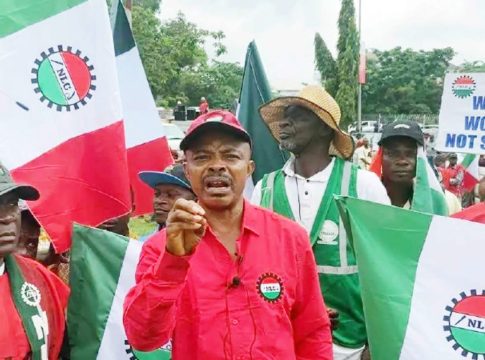Today, Friday, May 31, 2024, marks a pivotal juncture in Nigeria’s labor sector as the Tripartite Committee, encompassing the Nigerian Government and Organised Labour, is set to convene for the seventh round of talks regarding the establishment of a new minimum wage. The meeting follows an invitation extended to the leaders of the Trade Union Congress (TUC) and the Nigeria Labour Congress (NLC) by Committee Secretary Ekpo Nta.
This latest session continues the quest for consensus on fair compensation for Nigerian workers, a discussion that previously hit an impasse on Tuesday. At that meeting, Labour expressed dissatisfaction with the Government’s proposal of a ₦60,000 minimum wage.
Subsequently, Labour has reevaluated its stance, proposing a reduced demand from ₦615,000 to ₦494,000, countering earlier government and Organised Private Sector suggestions of ₦48,000 and ₦54,000, respectively.
READ MORE: How Social Media Emerges Critical Economic Frontier In Africa
Amidst discussions, TUC leader Festus Osifo and NLC President Joe Ajaero articulated Labour’s concerns, emphasizing the detachment of the government’s proposal from the stark realities of Nigeria’s economy, worsened by a 33.69% inflation rate as of April 2024. They argue for a wage that would adequately meet the needs of a family, advocating for a more substantial, fair offer from the government.
With the deadline for an agreement set for today, Organised Labour underscores the insufficiency of the current ₦30,000 minimum wage, an amount not universally honored by all governors. The call for a wage review, as stipulated every five years by the Minimum Wage Act of 2019, arrives as the April 2024 deadline has been reached.
Ajaero highlighted the significant economic disparity faced by the working class in contrast to the country’s affluent segments. The ongoing discussions aim to reconcile these differences and establish a unified economic standard conducive to the welfare of Nigerian workers.




